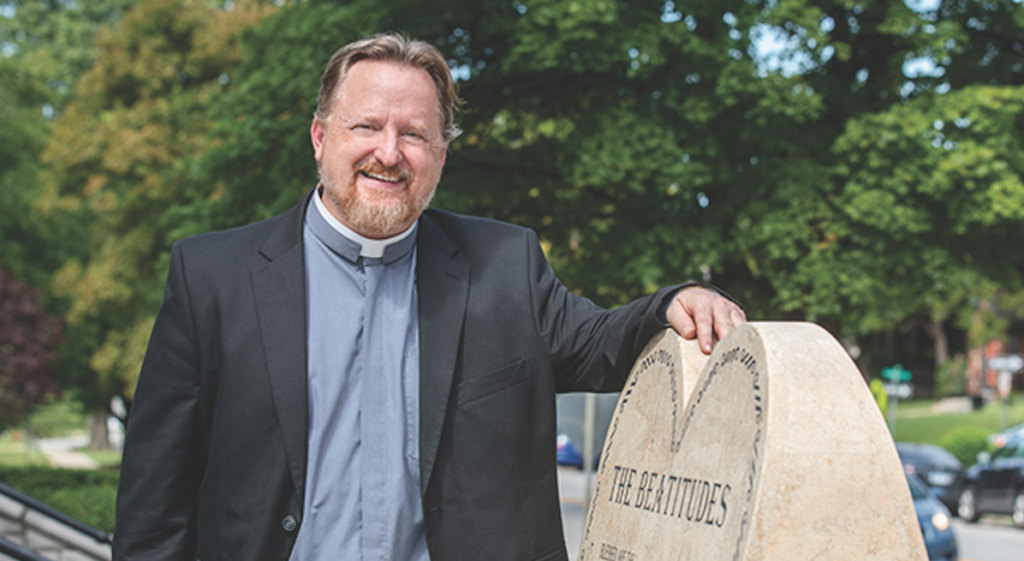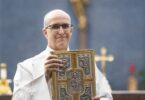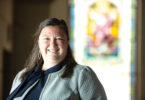
by Deacon Bill Scholl
Once more it’s the most important election of our lifetime, when conversations with friends and family turn to the fate of the nation as we know it.
Candidates speak to how we should fear and fret about the impending doom should the other party prevail. I often ponder the predicament of our bishops, who must share how the faith should inform our politics, how Christ calls us to vote in accordance with a well-formed conscience and preach without being or appearing partisan.
Thankfully, they have given the lay faithful a wonderful resource: “Forming Consciences for Faithful Citizenship.” Look it up online; it is a short read that ties together Scripture, civility and our role in “proclaiming timeless principles: the infinite worth and dignity of every human life, the common good, solidarity and subsidiarity.”
We Catholics have a duty to vote in this election and to take care that we prepare ourselves to vote in accordance with a Christian conscience. So here are a few questions to ponder before voting.
Is my conscience calibrated? Our conscience is a judgment of reason in which we listen to the voice of God to discern right from wrong. While it’s easy to say, “Vote your conscience,” it can be difficult practically speaking.
The conscience can be mistaken (which is reason to be kind to those who disagree). Conscience does not license us to do whatever. It is not a mere feeling, but rather seeks the truth. Truth is not something we make, but rather we discover. Truth should guide our choices.
Like a compass that shows true north can be misdirected by the pull of a magnet, the rhetorical pull of campaigns and algorithms that regulate what we see and hear can trick our consciences.
To calibrate, we should pray for wisdom and look to what the bishops teach on the issues. We’re especially called to recognize the demand that resisting evil has on our conscience. Ask, “Does this candidate support policies that extinguish life, erode the family or trample religious freedom?” such as: abortion, redefining marriage and gender, gun violence, human trafficking, racism and First Amendment rights, to name but a few.
Does my faith form my ideology or does my ideology form my faith? There are many differing opinions on how best to achieve the common good and we Catholics can get caught up in an ideology that obscures the vision of our conscience. Cloudy vision induces anxiety and prevents the peace Christ calls us to.
So, take some time to read “Forming Consciences for Faithful Citizenship.” As the bishops observe, “Allowing your conscience to be stretched and formed by these reflections can give you peace!”






